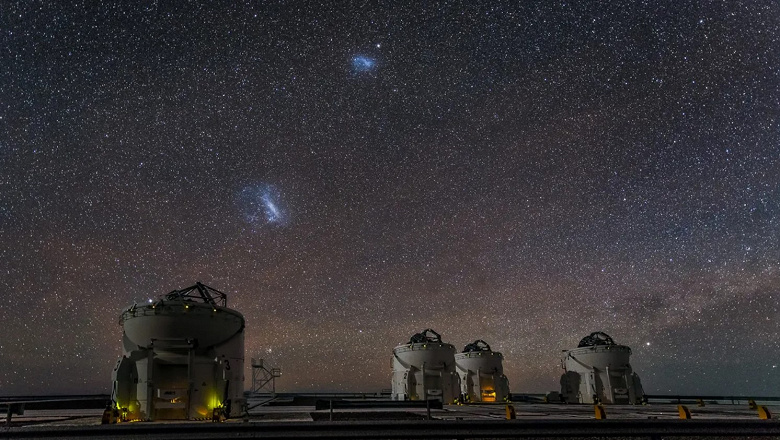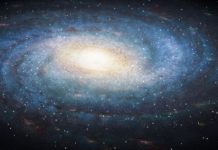Astronomers are proposing to change the names of the Large and Small Magellanic Clouds, satellites of our galaxy, due to the controversy surrounding them, to recognize the contribution of the indigenous communities that observed these “clouds” long before Ferdinand Magellan
The Large Magellanic Cloud (LMC) and the Small Magellanic Cloud (SMC) are two astronomical objects named after Fernando Magellan, the Portuguese explorer whose crew was the first to circumnavigate the world. Magellan and his crew carried out an incredible journey and exploration, but they were also slave owners and killed indigenous people in Argentina, Guam, and the Philippines during their expeditions.
For these reasons, astronomers are asking why these two celestial objects should be named after a colonizer, slave trader, and murderer, especially since there is precedent for renaming space objects after the name has become unethical.

“Renaming is not a new trend in astronomy. In 2018, the International Astronomical Union renamed Hubble’s Law to the Hubble-Lemaitre Law to recognize the scientific contributions of Georges Lemaitre. Renaming the LMC and MMC would also acknowledge the contributions of the indigenous communities that identified and observed them long before Magellan,” said Professor Mia de los Reyes of Amherst College, who was the first to propose changing the name of the Magellanic Clouds.
Astronomers propose renaming the Magellanic Clouds to reflect indigenous history and culture
Magellan was not an astronomer and was not the first to see or describe these “clouds”. People in the Southern Hemisphere have observed them for tens of thousands of years, given their names, and the stories associated with them predate the records of the Magellanic Secretary. Magellan’s descriptions were not even the first to reach Europe. Italian and Arab sailors reported them at least a decade before Magellan’s expedition.
The original name of Arrokoth, the most distant object visited by the spacecraft, was originally Ultima Thule, the name of a distant fictional land on old maps. But this name was associated with the Third Reich and was renamed.
In 2020, the International Astronomical Union and NASA decided to abandon nicknames for celestial bodies associated with colonialism, racism, and other forms of discrimination. The organizations have called for scientific designations for several objects with offensive nicknames – such as the nebula NGC 2392, which was nicknamed by the colonial term “Eskimo”. A group of astronomers calling for the LMC and IMC to be renamed argues that asking for neutral scientific names should not be controversial.
A petition was recently created to rename the JWST telescope due to James Webb’s name’s ties to the US government’s massacres of LGBT civilian employees in the 1950s and 1960s when James Webb was NASA administrator. This petition led to an investigation, but in this case, however, despite sports and controversies in the astronomical community, it was decided to leave the name unchanged.
“Almost all the astronomers we spoke to supported the renaming; most of the opposition we received was from a small number of members of the vocal public. I received letters telling me to return to scientific research,” said Mia de los Reyes.




